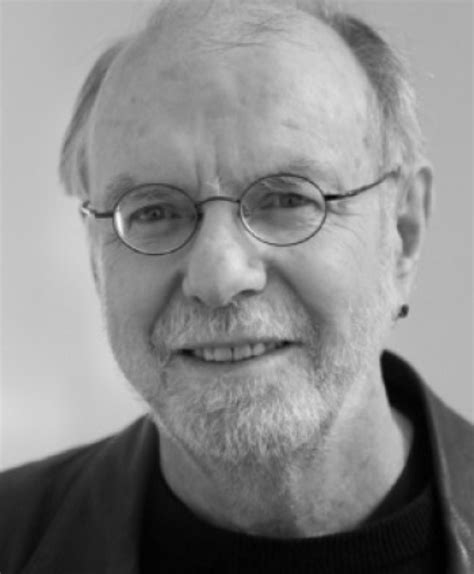A Quote by Justine Bateman
When I was super famous, there was definitely a distinction between how one was treated if they were on TV and how one was treated if they were on film. I don't know that that distinction exists as much now.
Related Quotes
Gender bias is real. I was an early Barack Obama supporter, and I was even shocked at the way the media treated President Obama vs. how they treated Secretary Hillary Clinton. Questions that were asked about, what is wearing, how much does she weigh, about her hair were never ascribed to the president.
I mean ... to let you know how deeply I am impressed with a sense of the importance of Amendments; that the good people may clearly see the distinction - for there is a distinction - between the federal powers vested in Congress and the sovereign authority belonging to the several States, which is the Palladium [the protection] of the private and personal rights of the citizens.
Distinction between species and specimen is very much like the distinction between images and actual pictures, or, you know, objects that have a definite material identity. The classifications, the categories, the stereotypes, and the images are on one side, and the material pictures, statues, texts, and so forth are on the other.
We've always had the blame-America crowd. We've always had the hate-America crowd. But we've now had at least two generations of education where this has been indoctrinated into the young skulls full of mush of young people. They've heard how horrible America was back in the days of slavery. They've heard how horrible America treated women. They've heard how horrible every minority group was treated. They've heard how mean-spirited the founders were. They've heard all kinds of literal lies.
Living a long life, the conventional wisdom at the time said, depended to a great extent on who we were-that is, our genes. It depended on the decisions we made-on what we chose to eat, and how much we chose to exercise, and how effectively we were treated by the medical system. No one was used to thinking about health in terms of community.
There is a principle of human affairs that goes back millennia, which is that you don't look in the mirror. You can trace this principle back to the Bible. The designated intellectuals of that time are called prophets, which is a mistranslation of a Hebrew word, but they were basically intellectuals, giving geopolitical analysis, criticizing the moral practice of leadership, etc. Now, these people were not treated very nicely. There were other intellectuals who were treated nicely, namely those who centuries later came to be called false prophets. These were the flatterers of the court.


































